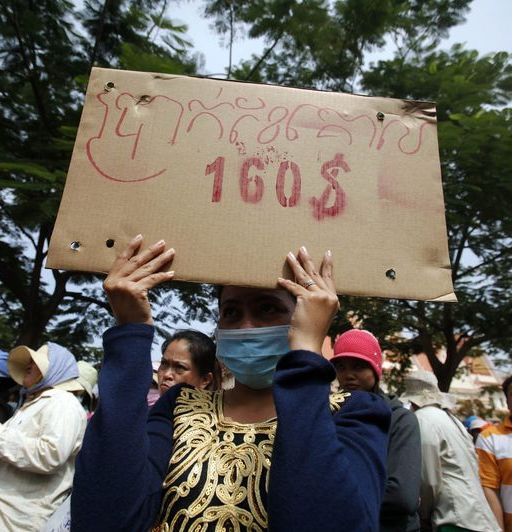Across Asia’s borders, labor activists team up to press wage claims
Negotiations over pay and working conditions have typically remained within national borders, but activists are now bringing more muscle to the table and putting more pressure on employers and governments by using shared experiences in nearby markets. For global companies that have shifted production to Southeast Asia’s low-cost manufacturing hub, this could mean less room for wage bargaining, a squeeze on profits and maybe even higher price tags on anything from shoes and clothing to cars and electronics appliances.
I see a trend towards more and stronger collaboration among labor leaders that can take different shapes and forms, from exchanging information to partnerships.
Peter van Rooij, director of the International Labor Organization (ILO) in Jakarta
Thousands of workers in China, Indonesia and Cambodia have protested in recent months at local firms supplying U.S. sportswear company Nike Inc to press for better pay and conditions. Up to 4,000 workers at Sabrina (Cambodia) Garment Manufacturing Co, which makes clothes for Nike, went on strike in May last year demanding higher wages to keep pace with transport, rent and healthcare costs.

Business labor Asia